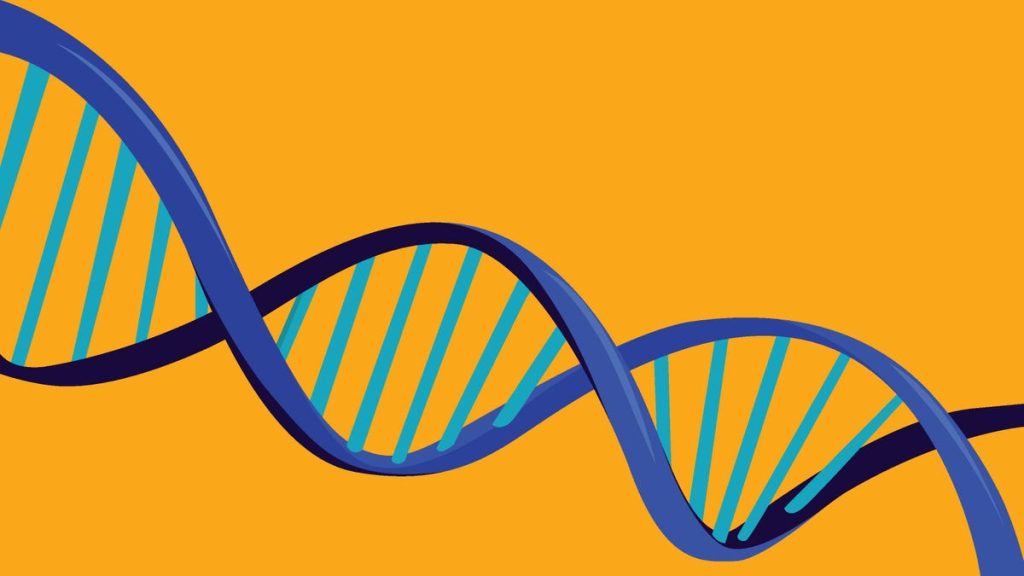DNA test kits from companies like Ancestry and 23andMe provide valuable information beyond just ethnicity estimates, including insights into predisposed medical conditions. AncestryDNA offers a saliva collection kit that allows you to register and track your sample through the app. The results include health reports and an Ethnicity Estimate, as well as matches with other users. On the other hand, 23andMe provides a Health and Ancestry kit with FDA approval for genetic risk screening. The results include ancestry reports, relative finding options, traits reports, and family tree building. The layout of 23andMe is more user-friendly and immersive, while Ancestry is known for its family tree feature. Both kits seemed to yield accurate results, with Ancestry having a larger DNA database but 23andMe offering a more comprehensive health report.
AncestryDNA and 23andMe offer different services at varying prices. AncestryDNA’s basic kit allows you to search its US database for family connections, while higher tiers include access to international records and genetic traits. 23andMe offers four different kits, ranging from basic ancestry reports to advanced health and genetics services. Both companies have strengths in different areas, with Ancestry excelling in family tree building and heritage exploration, while 23andMe provides detailed health and genetic information. It ultimately comes down to what you are looking to get out of your DNA test when deciding between the two.
Ancestry and 23andMe are both considered among the best DNA kits available, with accurate results and comprehensive reports. AncestryDNA is best for those interested in tracing family history and building a family tree, while 23andMe is ideal for individuals looking for detailed health and genetic information. Ancestry’s tools help connect users with family members and paint a broader picture of their origins, while 23andMe’s layout encourages users to explore their heritage in a more immersive way. Both kits are recommended options for those seeking to learn more about their genetic and ancestral background.
AncestryDNA and 23andMe offer accurate results, with Ancestry boasting a larger DNA database and 23andMe providing a more user-friendly layout. The two kits are among the best options available for anyone looking to explore their genetic and ancestral history. Ancestry’s extensive DNA database allows for a detailed breakdown of ethnicity and family connections, while 23andMe provides comprehensive health information approved by the FDA for risk screening. Both kits offer valuable insights into genetic predispositions, traits, and family connections, making them popular choices for individuals seeking to learn more about their DNA.
AncestryDNA is best known for its family tree feature, allowing users to integrate DNA results for a comprehensive view of their genetic history. The information is split across two different mobile apps, which may be less convenient for some users. On the other hand, 23andMe presents its findings in a user-friendly layout that encourages exploration of heritage and health information. It lacks the robust family tree-building capabilities of Ancestry but excels in providing detailed health and genetic reports. Both kits seemed to yield accurate results, catering to different preferences and interests in genetic testing.
AncestryDNA and 23andMe are leading DNA test kits that provide accurate results and valuable insights into genetic predispositions, ancestry, and health. Ancestry excels in family tree building and connecting users with family members, while 23andMe offers detailed health reports and a more immersive experience. Both kits have their strengths and cater to different needs, with Ancestry being ideal for those interested in tracing family history and heritage, and 23andMe suited for individuals seeking comprehensive health and genetic information. Overall, both Ancestry and 23andMe are recommended options for those looking to explore their genetic background and health status.












